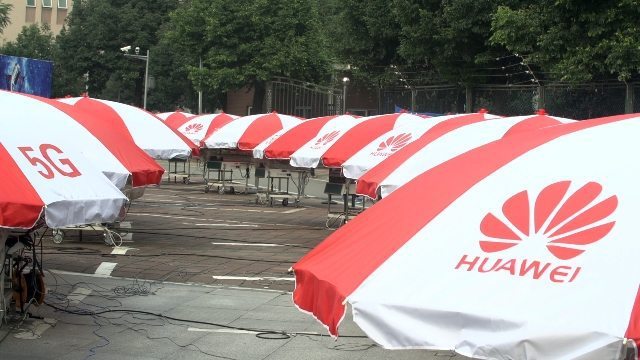Huawei said trial constitutes the third phase of China’s national 5G test plan
Huawei said it became the first vendor to pass China’s 5G non-standalone (NSA) core network test, which covers key core network technologies and service processes and marks the third phase of the country’s 5G R&D trial.
The 5G trial was organized by the IMT-2020 (5G) promotion group and conducted at the Beijing lab of the China Academy of Information and Communications Technology (CAICT).
The vendor said the test is based on the commercial 5G core network solution released by Huawei at the Mobile World Congress 2018, which took place in Barcelona earlier this year. The technologies tested include: gateway selection in control and user plane separation (CUPS) architecture, 5G ultra-high bandwidth, dual-connection to LTE and new radio (NR), independent billing for 5G NR, and terminal access management. The key service processes include: terminal registration, service requests, mobility management, and session management, Huawei said.
The 5G network test was performed by CAICT’s network technology workgroup together with local mobile operators China Mobile, China Telecom and China Unicom. In the first and second phases of the 5G R&D trial, Huawei’s 5G core network also achieved positive results in verification of key technologies and prototypes such as service-based architecture (SBA), network slicing, and multi-access edge computing (MEC).
Huawei highlighted that its 5G core network can provide ultra-high bandwidth for individual users, ensuring optimal AR/VR service experience. Additionally, the Huawei 5G core network is a convergent network that supports 2G/3G/4G/5G, thereby laying the foundation for smooth network evolution and ensuring optimal user experience, the vendor added.
At year-end 2017, Huawei had built 15 pre-commercial 5G core sites around the globe.
The IMT-2020 (5G) promotion group was jointly established in 2013 by the Chinese Ministry of Industry and Information Technology, the National Development and Reform Commission, and the Ministry of Science and Technology, based on the original IMT-Advanced Promotion Group. In China, it is the primary platform through which 5G research and international exchange and cooperation is conducted.
Operators participating in the IMT-2020 Promotion Group include China Mobile, China Telecom, China Unicom and Japanese telecoms operator NTT DoCoMo. Vendors which are part of the initiative are Huawei, ZTE, Ericsson, Nokia, Datang and Samsung. A number of chipset and test measurement vendors, including Qualcomm, Intel, Mediatek, Ctec, Keysight Technologies and Rohde & Schwartz are also part of the initiative.
The IMT-2020 Promotion Group completed the initial phase of its trial program in 2016. That phase included testing wireless technologies including massive multiple-input-multiple-output, novel multiple access, new waveforms, advance coding, ultra-dense network implementations and high-frequency communications. The trial phase also included network slicing, edge computing and network function reconstruction. The second phase of the national 5G tests were fully completed during 2017.
During the first phase of the 5G trial, five companies including Huawei and ZTE have built 15 base stations in Huairou District in Beijing to support further testing.
China had previously announced plans to commercialize 5G mobile networks as early as 2020. China Mobile, the world’s largest mobile operator, previously said it aims to deploy 10,000 5G base stations across China in 2020.

